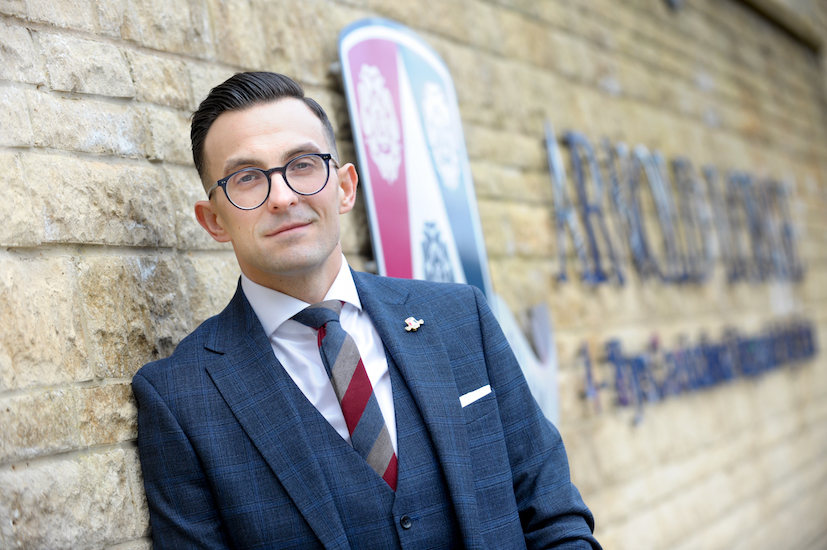What Should ‘Catch Up’ Look Like For School Children
By
4 years ago


David Preston, headteacher at leading independent school Arnold Lodge, in Warwickshire, gives his views on the next steps for pupils
As the vaccination programme rolls out and we can begin to think of a time when schools return to ‘normal’, pupils, parents, teachers and school leaders are once again presented with talk of ‘catch up’ for children, with longer school days and extending the term being touted as the solution.
Ensuring children develop their literacy and numeracy skills is crucial. But, beyond that, we have to reflect on what exactly we’re asking children to “catch up” on and whether we are focusing our energies where they matter most for the long-term success of children.
Are we looking at helping children to ‘catch up’ on their confidence, their resilience, their skills for learning or their friendships? Are we driven to ensure children ‘catch up’ on their love of art, cooking or their sports fixtures?
Or, are we being driven to ‘catch up’ on facts and figures to shoehorn children through exams and standardised tests? If it’s the latter, then we will be doing our children a disservice in the long term.
Standardised testing is important but it is not paramount and should certainly not be used as the outcome we reach for when we build our response for children in the future.
In terms of future life outcomes and success, children need to develop their leadership and social skills, to build good habits for working, to spend time playing sport or engaging with a favourite hobby.
The child who loves to read, explore outside to learn about nature, play and build with their toys or practice their favourite instrument are setting themselves up with skills for a successful future.
The National Foundation for Educational Research (NFER) has recently released findings which show a sense of belonging at school was most strongly linked to higher life satisfaction in the future, closely followed by strong relationships with teachers and parents.
So, if we must talk of catch-up, let’s talk of helping children to catch up on their friendships and relationships in school. Let’s talk of catching up on break time with friends, chess club, sports fixtures, art lessons or after school drama.
We’re fortunate, at Arnold Lodge, to have an average class size of around 14. This allows not only for children to make excellent progress academically, but to have the time to build strong relationships with teachers and to help each child feel happy and confident in school.
We know that this is at the heart of the success of our pupils and even when learning remotely, the smaller class size has helped ALS pupils to feel connected to their school and to keep learning well at home.
If we are to invest in education, let’s invest in smaller classes sizes throughout all schools. Let’s invest in the infrastructure to allow the wellbeing of children to be at the heart of our response because if we devote time to our children’s wellbeing in the short term, we can accelerate their academic ‘catch up’ in the long term.
This, surely, is the much better investment.
For more information visit https://www.arnoldlodge.com/



